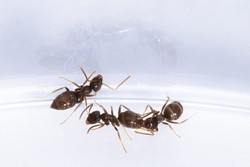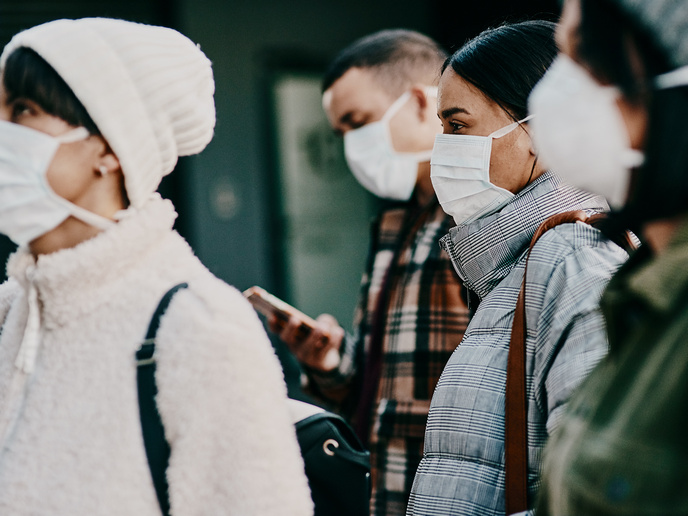Stronger together – Social vaccination in ants
Social insects such as ants have evolved ways of protecting themselves from disease that combines the immune systems of all group members and their collective behaviours regarding hygiene. This social healthcare means that individuals exposed to pathogens are regularly taken care of by healthy group members who remove infectious particles from the bodies of exposed individuals by grooming. The SOCIALVACCINES (Social vaccination in ant colonies: From individual mechanisms to society effects) project showed that social health care in garden ants is not limited to grooming, but also involves application of their formic acid-rich poison, which is normally sprayed at nest intruders, onto exposed group members as a form of disinfectant to fight microbes. Researchers further showed that caring for group members suffering from infectious disease has the risk of helpers contracting the pathogen themselves. Importantly, however, infections in the helpers were typically of low levels, and thus usually did not cause disease but instead triggered the expression of immune genes stimulating a protective immunisation. Therefore, in ants, social contact with an infectious individual results in a protective 'social immunisation' in its nest mates, which survive future infection with the same pathogen better than control ants that had lived with healthy ants only. Such immunisation of group members via social contact is not unique to insects and can be compared to contact immunity spreading in human groups following oral live polio vaccinations. Thus, ant societies display similar healthcare to early human medicine that exploited the protective effect of low-level infections in the form of inoculation against deadly diseases like small pox, before modern vaccination with dead or attenuated strains was invented. SOCIALVACCINES' unique study of both social and individual aspects of immune defence has provided valuable insights for the fields of social evolution and ecological immunology, as well as epidemiology, evolutionary medicine and biocontrol.







